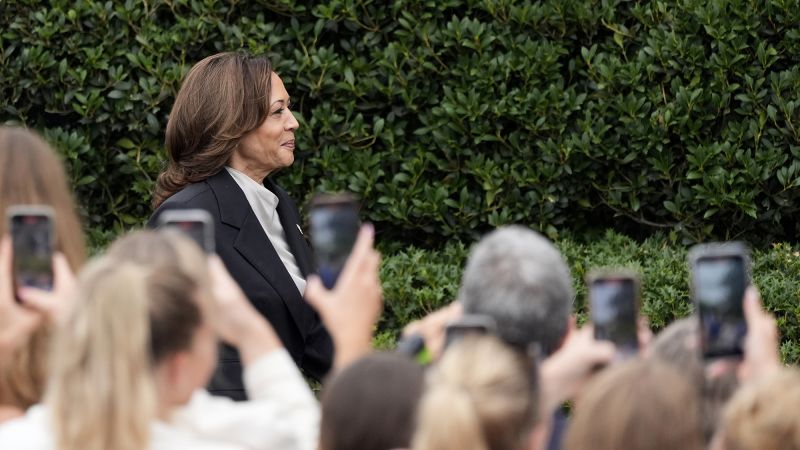President Joe Biden endorsed Vice President Kamala Harris as his running mate for the Democratic Party’s ticket, sparking a flurry of misinformation, altered photos, and misleading claims about Harris from supporters of former President Donald Trump. Some even suggested that Biden was the victim of a coup. Pro-Harris videos quickly spread on social media as her backers tried to capitalize on the moment, setting the stage for what promises to be a heated final three months of the presidential campaign.
Erik Nisbet, a professor at Northwestern University’s School of Communication, warned that as Harris garners more public attention, the amount of disinformation and misleading rhetoric about her is likely to grow exponentially. Elon Musk, owner of X, contributed to the spread of an antisemitic conspiracy theory by suggesting that Harris would be a “puppet” of the Soros family. Photoshopped images of Harris posing with Jeffrey Epstein also circulated, further fueling misinformation about the vice president.
Following Biden’s announcement, hashtags like “She’s Indian” began trending on social media, with some users spreading false claims that Harris is “not Black” due to her Indian heritage. PeakMetrics found that a significant percentage of posts mentioning Harris used racialized or sexualized language. Fake videos of Biden announcing his withdrawal from the race also circulated, including a deepfake video from PBS News’ logo, prompting the network to issue a statement denouncing the manipulation of news content.
On TikTok, pro-Harris videos experienced a surge in popularity, with many referencing a coconut meme synonymous with support for her candidacy. Harris’ team embraced a viral post from British pop singer Charli XCX that referred to Harris as a “brat,” symbolizing empowerment for women and queer individuals. Russian state media quickly reacted to Biden’s decision, with pro-Kremlin sources spreading false information about Ukrainian President Volodymyr Zelensky, highlighting the potential for foreign interference in domestic narratives.
Despite the efforts of foreign operatives to influence the US presidential campaign, experts believe that the real-life twists and turns of the election cycle may be too challenging to compete with. Shane Huntley, a cyber threat intelligence expert at Google, highlighted the difficulty for foreign disinformation and information operations actors to keep up with the constantly evolving news cycle. As the battle to shape and smear Harris’ image intensifies in the lead-up to the election, the impact of disinformation and misinformation on social media platforms will continue to be a significant issue in shaping public opinion.


